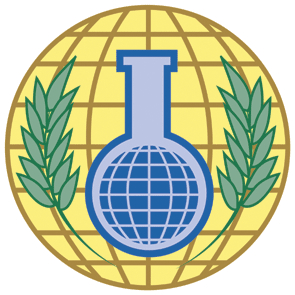 Various media outlets are reporting that former Obama National Security Advisor Susan Rice is on Joe Biden’s “short list” to be his running mate.
Various media outlets are reporting that former Obama National Security Advisor Susan Rice is on Joe Biden’s “short list” to be his running mate.
STEPHEN ZUNES, zunes at usfca.edu, @SZunes
Zunes is a professor of politics and coordinator of Middle Eastern Studies at the University of San Francisco. He said today: “Should Susan Rice be chosen as Biden’s running mate, it would serve as yet another signal that the likely next Democratic administration would embrace a foreign policy similar to that of Bush and Cheney. Rice’s decision to repeat the lies of the Bush administration regarding the supposed threat from Iraq in the lead-up to the 2003 invasion of that oil-rich country in order to undermine the anti-war movement, her support for autocratic Middle Eastern and African leaders, her attacks against the United Nations, her support for the Israeli occupation, and her defense of Israeli violations of international humanitarian law will result in further alienating the progressive Democratic base from the national ticket. Already troubled over Biden’s hawkish foreign policy views, his lies about Iraq, and his successful insistence on including center-right foreign policy planks in the Democratic platform, his possible choice of a vice-president with a record of stating demonstrable falsehoods to defend actions by the United States and its allies that violate international norms could end up suppressing turnout and enhance the appeal of leftist third parties.”
In 2013, Zunes wrote the piece “Troubling Implications of Susan Rice’s Appointment as National Security Adviser,” noting that during the buildup to the Iraq invasion, she rose to the Bush administration’s “defense by insisting that, ‘It’s clear that Iraq poses a major threat.’ This claim came despite the fact that Iraq had disarmed itself of its chemical and biological weapons and eliminated its nuclear program at least eight years earlier. Moreover, despite the success of the UN’s disarmament program, Rice asserted that Iraq’s ‘weapons of mass destruction need to be dealt with forcefully, and that’s the path we’re on.'” [Audio and video clips of Rice’s statements cited by Zunes are here and here.]
